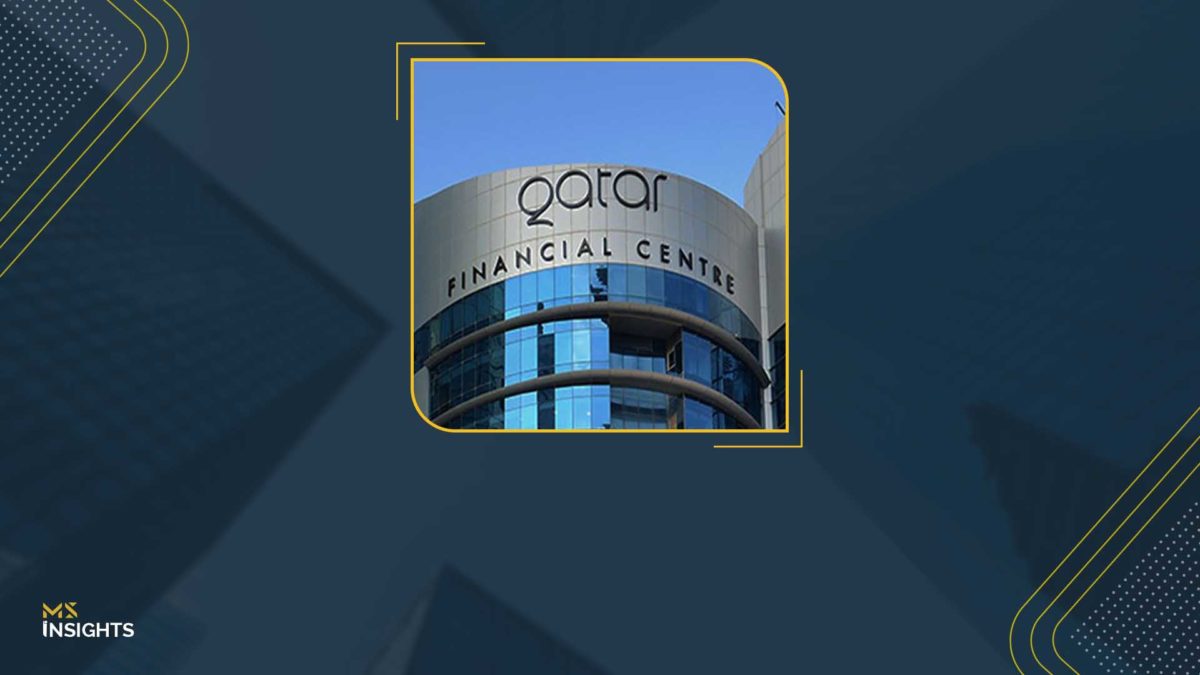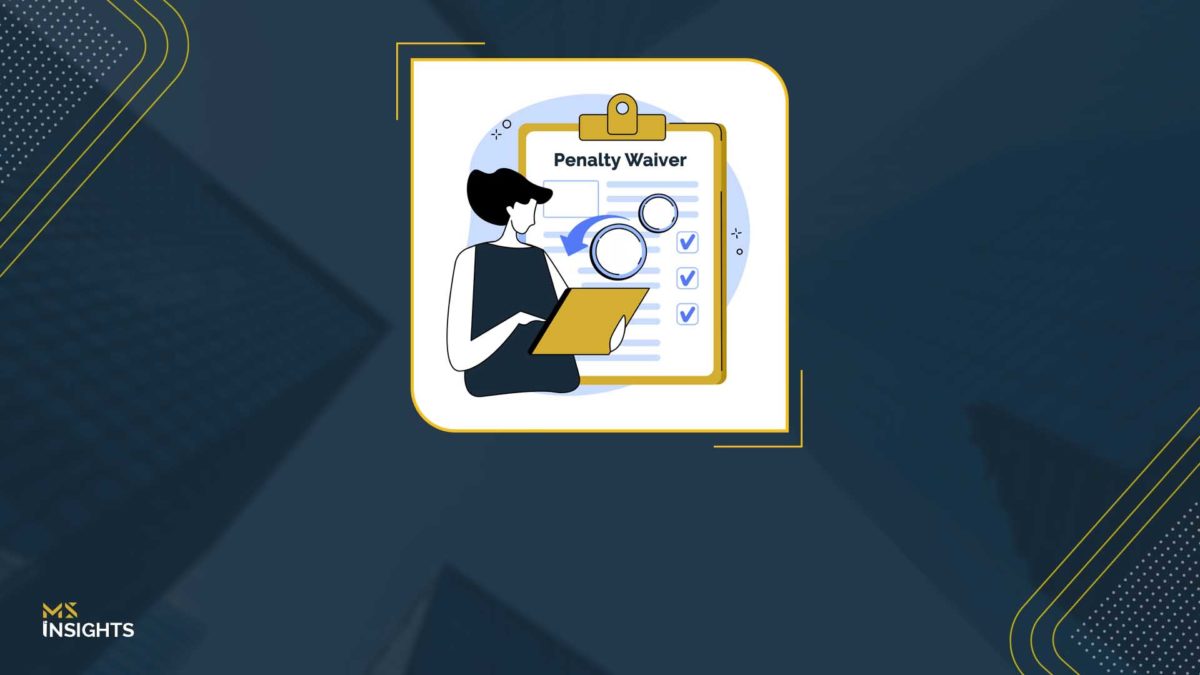Not all stars are meant to be leaders. And not all leaders start as stars.
In most organizations, high performers often shine the brightest, but are they really the ones to bet on for your future leadership? If performance is the visible tip of the iceberg, leadership potential is everything that lies beneath. To build a pipeline of next-gen leaders, companies must stop confusing excellence in a current role with readiness for a bigger one.
The Big Mistake: Top Performance ≠ Leadership Potential
High performers are your MVPs today. They crush goals, master their craft, and drive results. But leadership is about helping others perform, too. Leadership calls for strategic thinking, emotional intelligence, people management, and the grit to thrive in ambiguity.
So, how do you find the people who will rise above the role?
Step 1: Break the Bias! Don’t Mistake Skill for Scalability
To truly identify future leaders, start by defining what leadership success looks like within your organization’s unique context.
Look beyond technical skills and current performance, focus on traits like people agility, learning agility, and the ability to influence without authority. Rather than relying on gut instinct, leverage structured tools and assessments to objectively evaluate leadership potential and make informed, future-focused talent decisions.
Step 2: Rethink Career Paths! One Size Doesn’t Fit All
Not everyone is meant to lead people and that’s okay.
Always encourage dual career path: one for leadership and another for technical mastery. That way, your top talent doesn’t feel pressured to manage just to advance.
Step 3: Create Your Leadership Map! Define Success, Not Just Skills
What makes someone successful in a future leadership role? Hint: it’s not just past performance.
Creating a success profile for key positions is essential. This isn’t your average job description but a detailed outline of the competencies, traits, and experiences that drive leadership success.
With this clear set of criteria, organizations can assess their talent pool, identify those who are nearly there with true leadership potential, uncover development needs, and spotlight individuals who are ready to step into bigger roles.
What Does Leadership Potential Really Look Like?
- Strategic Thinking Beyond the Task List
They connect their work to business goals and think two steps ahead.
- Ownership Mentality
They don’t wait for instructions but act like the business is their own.
- Influence Without Authority
They lead with trust, elevate others, and inspire collaboration even without a title.
- Resilience and Adaptability
They thrive in chaos, learn quickly, and stay solution-focused.
- A Relentless Drive to Grow
They chase feedback, ask for stretch assignments, and treat growth like a personal mission.
If you see these traits, don’t wait. Invest.
From Performance to Leadership Potential: How to Cultivate Future Leaders?
Once you spot your rising stars, here’s how to light their path:
- Strategic Exposure: Invite them into leadership meetings, cross-functional projects, and big-picture conversations. Let them see how decisions are made.
- Mentorship + Sponsorship: Pair them with mentors to sharpen skills, and sponsors to open doors.
- Challenging Assignments: Give them high-stakes projects that test their resilience and judgment.
- Tailored Development: Invest in coaching, workshops, and leadership potential intensives. Development shouldn’t be generic but targeted.
- Feedback & Recognition: Let them know where they’re excelling and where they need to grow. Celebrate progress but stay candid.
Don’t Let Leadership Potential Go Unnoticed
Many future leaders don’t know they have it in them until someone tells them. Without the right structure, feedback, and investment, that potential stays dormant.
But when organizations build the systems to recognize, elevate, and nurture leadership early, they don’t just fill roles. They shape the future.
Is your next leader sitting quietly in a corner office, waiting for a performance review to reveal their leadership potential? Or are you actively building a culture that sees beyond the now?
The seeds of leadership potential are already in your organization. Your job is to water them.
At MS Executive Search, we specialize in helping forward-thinking organizations identify and elevate true leadership talent those ready to rise above the role. Whether you’re building a leadership bench or searching for your next visionary, we bring the insight, structure, and expertise to help you find more than just a good hire, we help you discover your future.









